Yupayta Yachasunchis: a Commitment Award's winning project in Peru
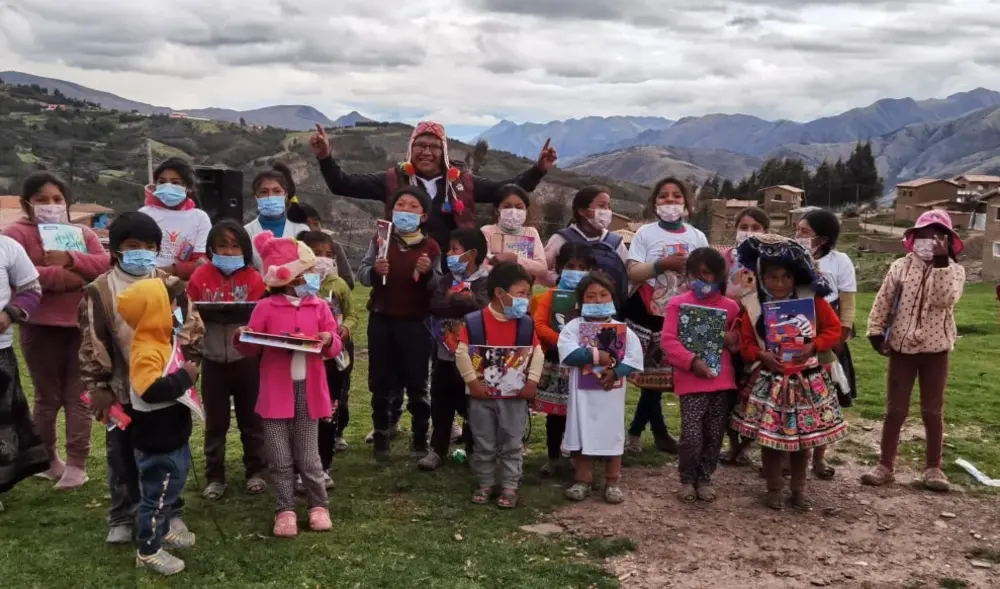
Daniela Sota and Adriana Carrion are the authors of the 1st-prize winning project of 2020 Commitment Award. Their project, called Yupayta Yachasunchis, aims to bring school lessons through radio programs to Quechua-speaking children in Peru during the Covid-19 pandemic.
In this interview, conducted on March 24, 2021, Daniela shares with us how is the project being implemented, its challenges and achievements, as well as tips regarding the application process for the Commitment Award.
Thanks for honoring our invitation. Can you explain us what your project is about?
Our project – because we are a group of people – is about providing lessons in Quechua through radio, focusing on two topics: language and mathematics. Quechua is not a Peruvian national language, but it is widely spoken across some regions. Nevertheless, the quality of education provided in Quechua is far below the one in Spanish. Our radio program is called Yupayta Yachasunchis, which means “increasing knowledge” in Quechua. It targets children between 8 and 14 years old. We thought initially to broadcast to the indigenous community of Ccatcca in Cusco but while implementing the project, we were able to broadcast our program through other three radio companies and reach about 100 communities.
How did you decide on your project?
We had many ideas when we started, but we had a clear and strategic aim: we wanted to do something related to Covid-19. It was the beginning of the pandemic, and I thought about what the judges will prefer, as it is crucial to think about the audience that would grade your project. That was the first step: to think strategically and see what the greatest need is right now. The second factor is feasibility. Our first idea was to help all the small businesses in our city. However, with 2,500 euros, we would not be able to help them all, so we had to streamline our ideas. We then thought of education and decided to focus on bringing change to a small indigenous community to have the greatest impact. The radio idea came because we have some friends, who are teachers, and saw that their students could not access education during the pandemic because they did not have access to Internet and their only tool a radio.
You mentioned earlier that you work with a group of people. Who are they?
I formulated the project with a friend from Peru, Adriana, and now we have five additional people on-board. We have two Quechua social communicators in Peru, Gladis Florez Pacco and Abel Anccalle, who are the leads on-site. They oversee and edit the episodes, get the permits, and communicate with the municipalities. We have two other teachers, who help in the content, and another person, who manages the finances and administrative work. Adriana and I oversee and coordinate the entire process.
What challenges did you experience in implementing the project?
We decide everything in Spanish and then the teachers translate it to Quechua, so being able to keep the message intact is one big challenge. Another challenge was the pandemic, as we always had to follow the sanitary protocols to record the programs; sometimes the quality of some recordings were not good. Additionally, we were not able to conduct many activities to control the progress of children because of the restrictions in Peru. We had 14 episodes and only 1 follow-up activity, whose attendance was limited to 25 children.
How did you communicate with the community head? Were there any partners involved in implementing the project?
One of the teachers lives close to the community and he has contact with them, which really facilitated our work. Another advantage was that Adriana studied Communications, so she knew several people working in the radio field and that was how we got other three radios to release our programs without paying any fee. It is key to have a group of people who support you.
Do you plan to expand the programs to more radios or communities in the future?
We want to expand to more radios, but our resources are limited. We are trying to find ways to finance the project and deliver more information to the children, especially now that they are not in school. The radios have released the episodes and now they have been repeating them, but it is not fruitful to keep giving the children the same information. We are also on Spotify and hope that through the internet we can expand the project.
What was your motivation for applying for the Commitment Award?
In my two years at the Brandt School, I saw how great projects were implemented and it became part of my bucket list. The pandemic hit Peru hard and particularly my city, Cusco, which heavily depends on tourism. The hardship faced by so many, together with the impossibility of plenty of children to access education, motivated me and made me aware that was the perfect time to apply.
Which factors may have given you an advantage to win the Commitment Award?
I think the main factor is that the project is related to Covid-19. The link between our project and Covid-19 is so strong that our project would not exist nor be as interesting as it is if the pandemic would not have happened. Every year, we see that there are some “trending topics” in the world. Last year it was Covid-19; the years before it was climate change and women empowerment, for example. It is important to see where the international focus is and which pressing issues are out there and then formulate your project accordingly.
Did the knowledge you gained at the Brandt School help you writing and implementing the project?
While at the Willy Brandt School, one of my majors was NGO Management. Therefore, I used the theory and put it into practice. We learned it is important to think out of the box and to be creative. While applying, in addition to other documents, we sent a very nice infographic summarizing our project. The Commitment Award did not require it, but we just wanted to be creative; it may have helped us. Similarly, during the implementation I set in practice much of the theory learned.
What is your current relation with the Commitment Award?
We have to update information about the project to their system, which is good, since I use this platform to track how much money we are spending and how much we have left. We also have to send a video, which is like a bit of reporting but I believe it mainly serves for inspiration for the next set of winners. Of course, for our project as well, it is good to have visuals of the project’s implementation, as it can help in finding future donors.
What tips do you have for the applicants of the next Commitment Award?
First, be creative. Second, target and address international pressing issues when drafting your proposals. It is very important to be innovative. Third, I would also recommend drafting the proposal with a friend, as “two heads are better than one”.
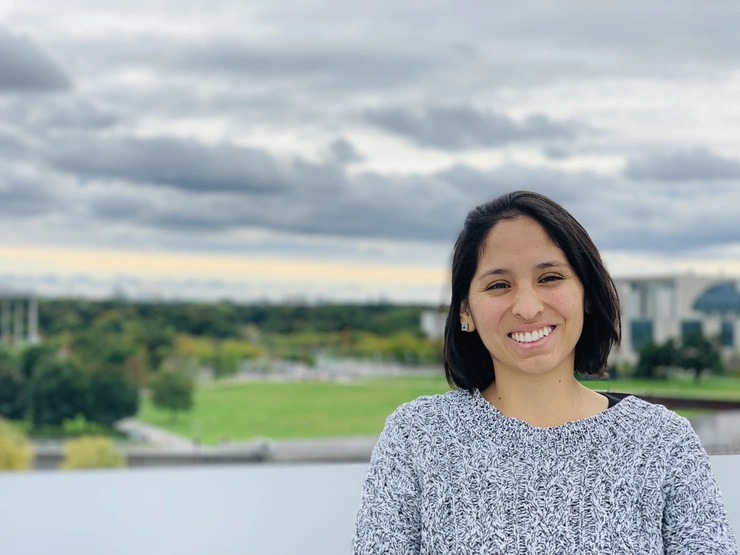
About the interviewee & project authors
Daniela Sota Valdivia is a Brandt School alumna of the cohort 2016-2018. She holds a Bachelor’s degree in Law from the Universidad Andina del Cusco, Peru. She is currently working as a consultant for the United Nations Office on Drugs and Crime.
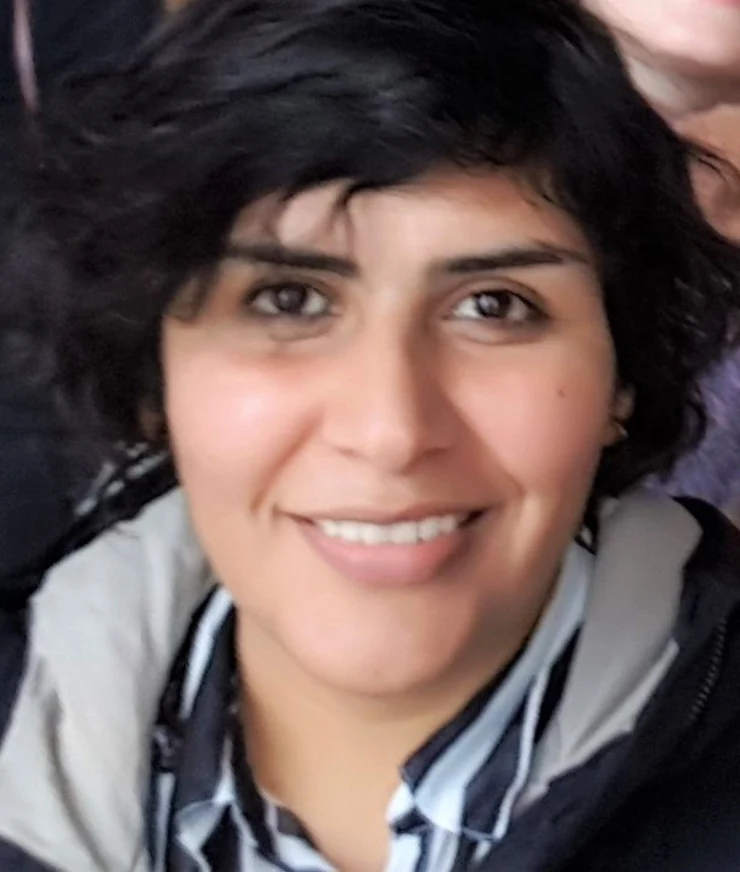
Adriana Carrión Gonzales is a journalist and a lawyer. She holds a Bachelor’s degree in Law from the Universidad Andina del Cusco and a Bachelor’s degree in journalism from the Universidad San Antonio Abad del Cusco, both in Peru. She currently works as a researcher in public and social policies of Latin America and Europe.
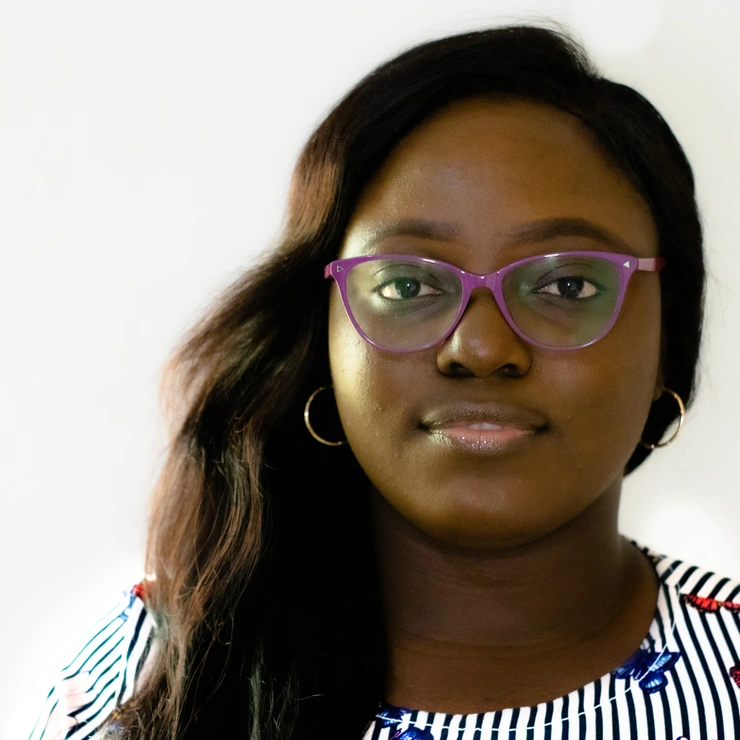
About the interviewers
Oluwatosin Adeagbo is a first year MPP student at the Willy Brandt School, specializing in Social Entrepreneurship & Non-Profit Management and International & Global Public Policy. She holds a Bachelor's degree in Law from the University of Ibadan, Nigeria, and has been working in the Corporate and Commercial Law space in Nigeria for three years before joining the Brandt School. She specializes in Corporate Governance and Business Advisory.
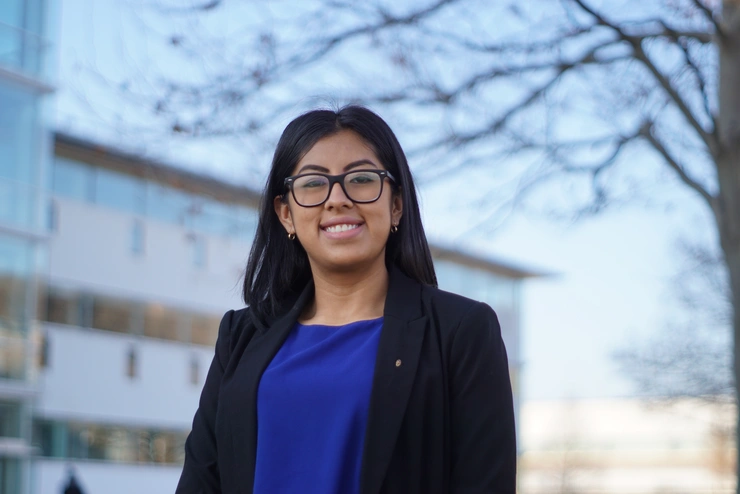
Micaela Lincango is a first-year student at the Willy Brandt School of Public Policy. She comes from Ecuador and holds a bachelor’s in International Relations with a minor in Political Science. She worked on an Inter-American Development Bank project, which was focused on digital transformation within development banks in Latin America. At the same time, she collaborated with a World Bank project about meso evaluations and country interventions. Her passion is social work and for that reason, she has been volunteer in different organizations, such as AIESEC and TECHO, for more than 4 years.
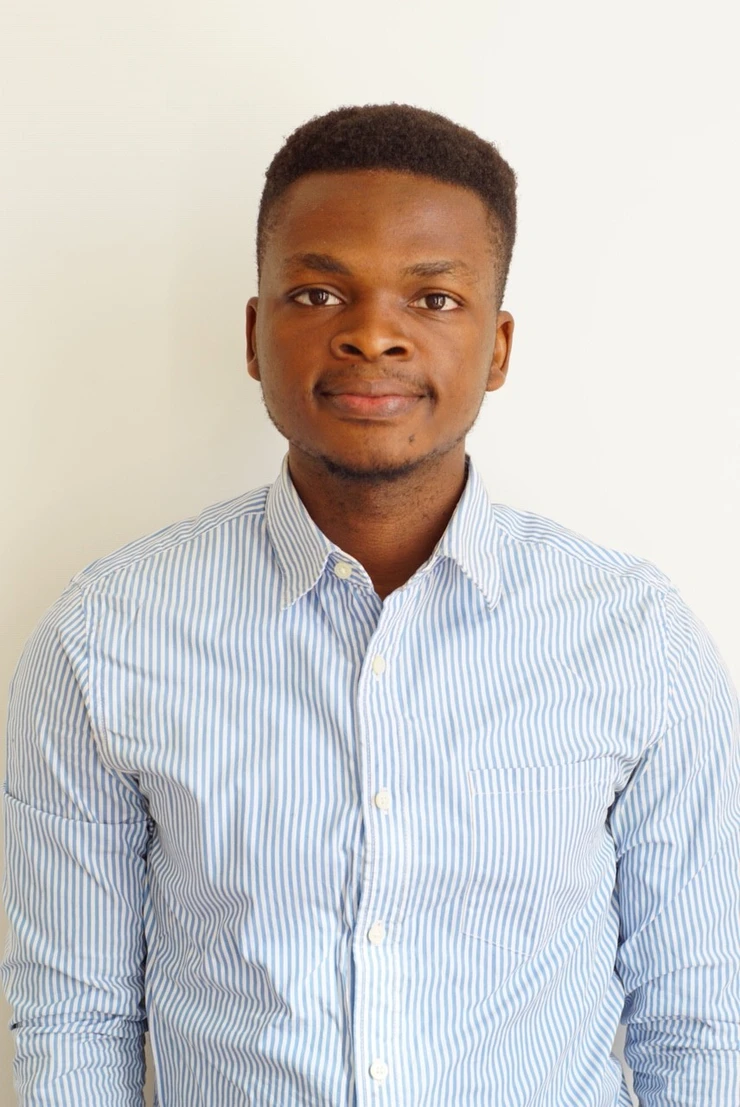
Great Udochi is a first-year MPP candidate at the Willy Brandt School, specializing in socio-economic development policies and international/global public policy. He holds a bachelor’s degree in Philosophy from the University of Uyo, Nigeria, and has over two years of experience working in Nigeria’s non-profit sector.
~ The views represented in this blog post do not necessarily represent those of the Brandt School. ~